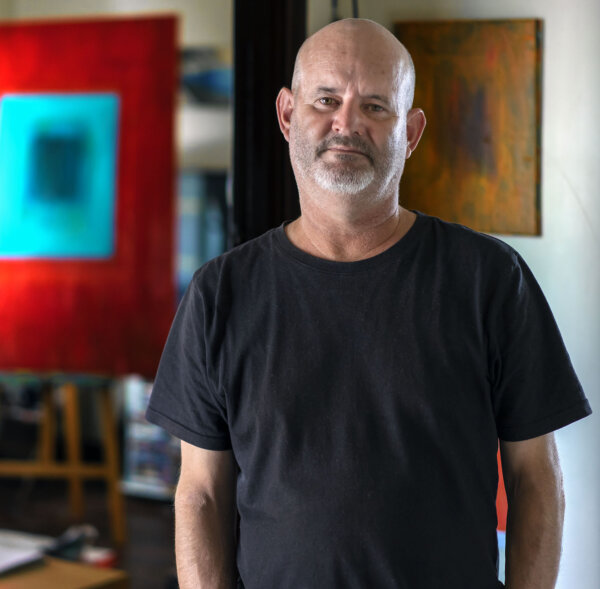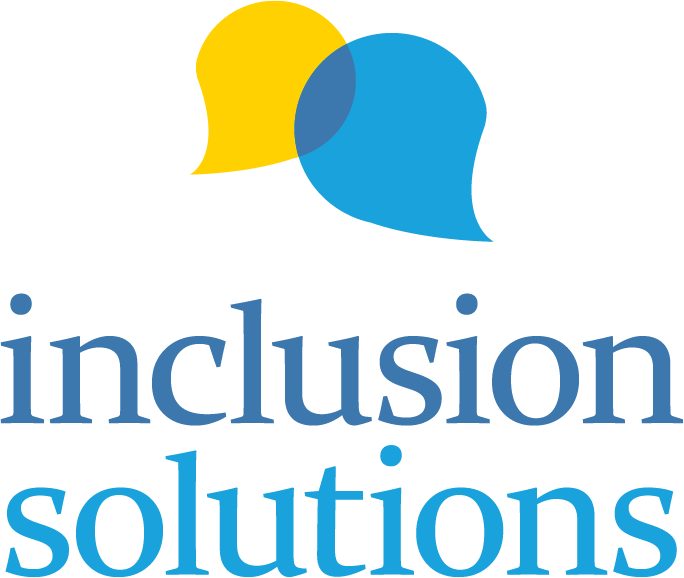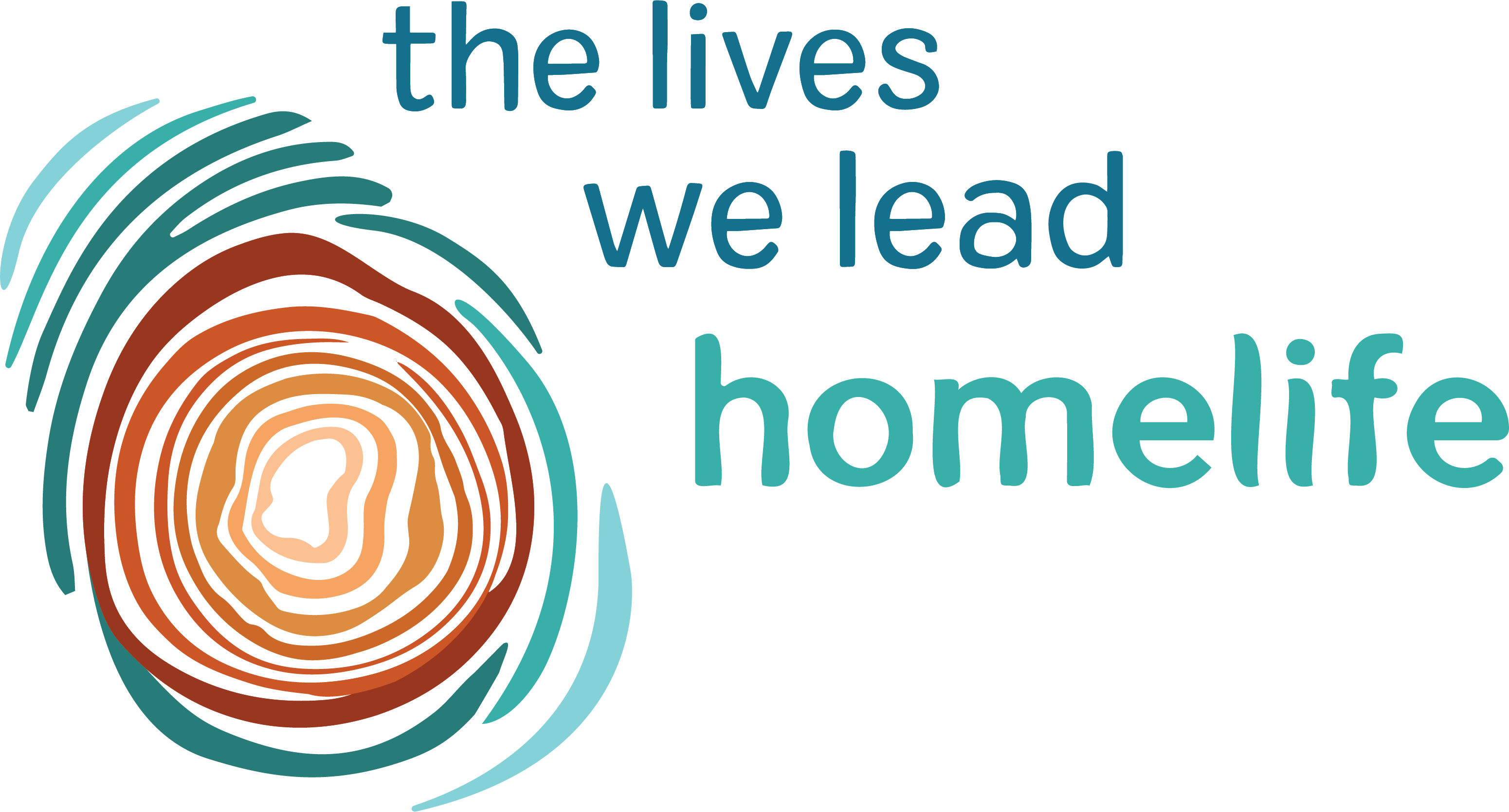
My name is Ross. I’m a support worker, artist, graphic designer and photographer in Bunbury in the south west of Western Australia.
I didn’t realise I had manic depression, as it was called then, till I was 21. I’d always been either a highly motivated extravert or a very shut down quiet person in school. During my art degree I had a lot of issues with depression.
Through my life I’ve gone through so many periods of being successful and then losing everything. And then restarting. I didn’t want to go back to office work as a graphic artist.
I enjoy being a support worker and I’m good at it. When I first started, I was volunteering in a sailing program with people with disabilities. I was then employed as a support worker, worked for a couple of years, had a few health issues, quit, and came back to do it again.
Support work is the perfect job. I’m my own boss. And I find it a privilege because people are letting you into their life.
I’m trying to read people on a different level, to find out how they communicate. I think that’s a lot of it, you’ve got to let them open up first. First thing I’m looking for is common ground so there’s a trust, a space where both of you can meet together. Then we work out their interests and how we can spend our time.
Being an artist, I’m quite good with my hands and fixing things and it works with a lot of people, doing something creative. First thing I noticed with one person was that he had a pile of scrap metal out of the front of his house, and his shed was full of tools. There was a washing machine that he’d picked up off the road. Each week we were recycling metal at the scrap yard, and we finally got to the washing machine. I saw the stainless steel barrel and said have you ever thought of making firepits? And he was really excited about that and so we started making them.
I think the best thing I bring to the people I support is the resources I draw from my own life. I’ve had the experience of being in the care of someone else. And I know how I want to be treated: Having your needs understood, not being judged and supported to live the life you aspire to. Which is what I’m doing now.
To see the people I support do so well makes me look back at myself and levels me out. I’ve found my place in the community.
Ross also runs a weekly Art for Inclusion group which is opening at the Bunbury Regional Art Gallery on Friday, July 23. Event Details


